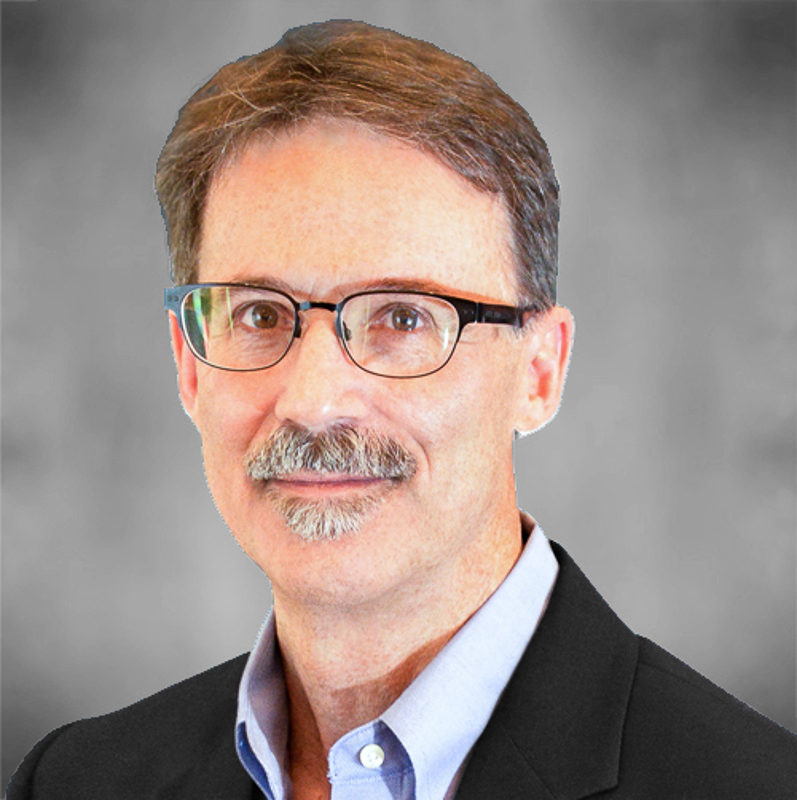
Cheaper Solutions Put Value at Risk with Stack Testing
December 6, 2021
By: Kevin Crosby
Gas emissions and pollutants such as smokestacks and vehicles are becoming a more significant public health issue than ever before. The EPA has mandated more stringent regulations to regulate harmful emissions in environmental conditions, resulting in a higher number of companies offering emission testing. But not all testing is created equal, and cheaper testing options often put data integrity at risk.
Many companies provide standard stack testing that reports on only emissions measured below a certain number. However, in certain situations, a facility may try to secure a permit for a particular emission. To do so, it can become quite costly with emission reduction credits. But if the facility chooses to run a dilution tunnel sampling, such as the OTM37 method, instead, they can measure concentration at least twenties times lower than a standard test can measure.
In many cases, a company cannot measure very low concentration with traditional methods, so they take other measures to demonstrate compliance. With OTM37, however, our team is able to measure that low and provide results from the beginning so companies are able to pass and receive permits changes.
For example, you may have a company that has a emission limit established that they have to achieve when they’re running. But as control technology improves, they have to start achieving lower and lower limits. The problem? Technology has not been able to keep up with those lower limits show that indeed the company is passing, until OTM37 came to market.
Additionally, OTM37 can provide an actual emission measurement rather than reporting that it’s not higher than a certain number. The cost of running OTM37 is much lower than purchasing credits, the data is reliable and accurate, and the reports show that a facility’s emissions will be much lower.
The Montrose Difference
Montrose has three-stack testing teams across the United States with a great deal of experience with the OTM37 method and equipment. In addition, the teams have broad experience with different types of sources, such as power plants, oil refineries, carbon black plants, prosperous processing plants, biomass-fired power plants.
Montrose is accredited by the American Association for Laboratory Accreditation (A2LA) and Stack Testing Accreditation Council (STAC) for ASTM D7036 – Standard Practice for Competence of Air Emissions Testing Bodies.
- ASTM D 7036 -04 Standard Practice for Competence of Air Emission Testing Bodies
- Louisiana Environmental Laboratory Accreditation Program (LELAP) – LAC 33, Part I, Subpart 3 (Laboratory Accreditation), Chapters 45 – 59
- Virginia Environmental Laboratory Accreditation Program (VELAP) – Commonwealth of Virginia Environmental Laboratory Certification Regulation (1 VAC 30, Chapter 46)
- California Air Resources Board (CARB) – California Code of Regulations, Title 17, Section 91207
- South Coast Air Quality Management District Laboratory Approval Program (SCAQMD LAP)
- New Jersey Department of Environmental Protection (NJDEP) Environmental Laboratory Certification Program
Our team of experts is dedicated to investigating and promoting the newest measurement technologies, such as OTM37, to keep our customers and us on the cutting edge of environmental monitoring. We have the industry’s leading experts in all markets served and technologies used to deliver the fastest and most cost-effective solutions.
 Kevin Crosby
Kevin Crosby
Vice President, Technical for Montrose Air Quality Services, LLC, Stack Emission Testing
Kevin Crosby bring over 45 years of industry expertise to the Montrose team where he currently works as Vice President, Technical. Prior to this, he worked in various management and emission testing positions for companies such as The Avogardo Group and Carnot Techincal Services, Inc. Kevin is a member of the American Society of Mechanical Engineers, the Air & Waste Management Association, and the Source Evaluation Society where he was appointed to the Board of Directors. Being a subject matter expert, Kevin has published multiple peer reviewed articles about various industry related topics. Kevin holds a Bachelor’s Degree in Meteorology from San Jose State University.


